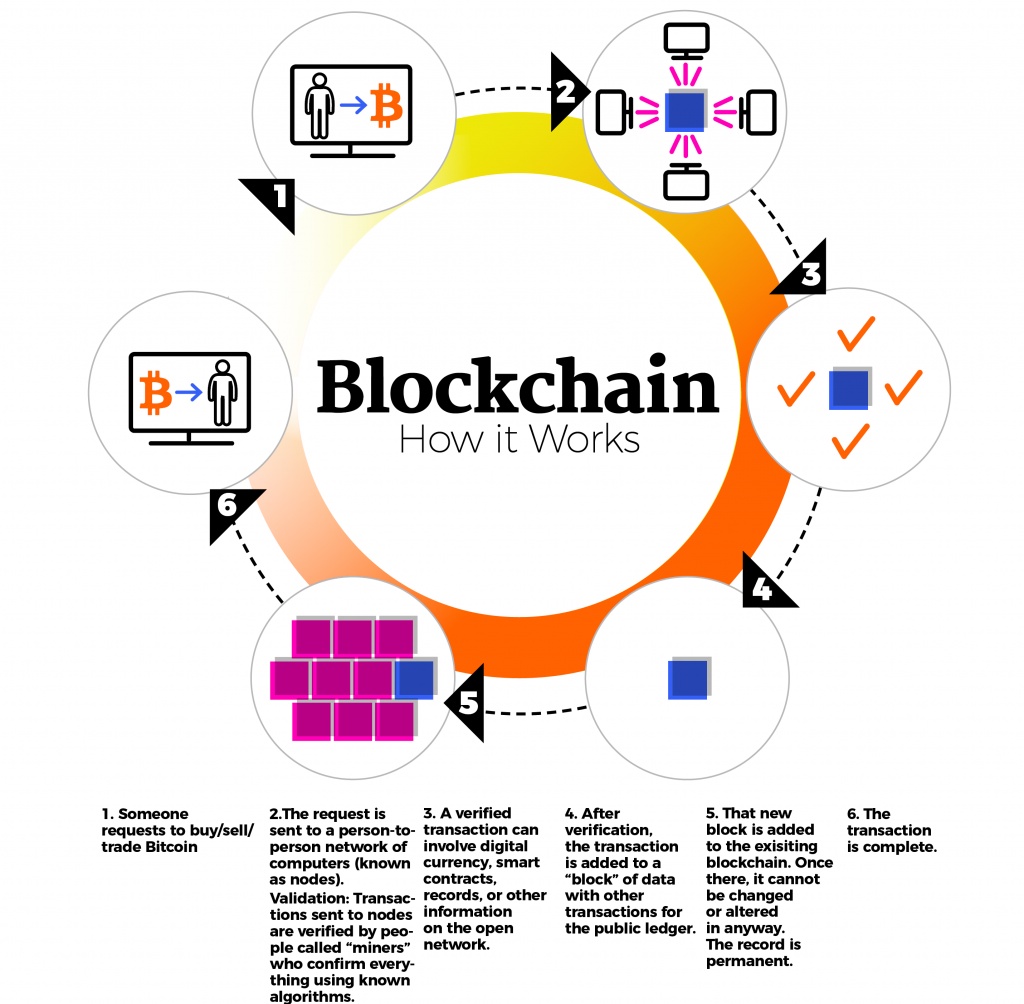In recent years, blockchain technology has emerged as a ground breaking innovation with the potential to transform various industries. From finance to healthcare, blockchain is reshaping the way we conduct transactions and manage data. In the realm of information technology (IT), blockchain is proving to be a game-changer, offering unparalleled security, transparency, and efficiency. In this blog, we'll explore the impact of blockchain in IT and how it is revolutionizing transactions and economic systems worldwide.
Enhanced Security and Immutable Records
One of the key features of blockchain technology is its ability to provide enhanced security and create immutable records. Unlike traditional databases where data can be altered or tampered with, blockchain maintains a decentralized ledger that is transparent and tamper-proof. Each transaction is cryptographically linked to the previous one, creating a chain of blocks that cannot be altered without consensus from the network. This level of security is particularly valuable in IT, where data integrity and confidentiality are paramount concerns.
Decentralization and Peer-to-Peer Networks
Blockchain technology operates on a decentralized network, eliminating the need for intermediaries such as banks or financial institutions. This decentralization enables peer-to-peer transactions, allowing parties to interact directly without relying on a third party to facilitate the transaction. In the realm of IT, this decentralized approach offers numerous benefits, including reduced transaction costs, increased efficiency, and greater accessibility. It also mitigates the risk of single points of failure, enhancing system resilience and reliability.
Smart Contracts and Automation
Smart contracts are self-executing contracts with the terms of the agreement directly written into code. These contracts automatically enforce and execute the terms of the agreement when predefined conditions are met, without the need for intermediaries. In IT, smart contracts are revolutionizing contract management, enabling automated and secure transactions across various applications and industries. From supply chain management to digital rights management, smart contracts streamline processes, reduce costs, and eliminate the potential for human error or fraud.
Tokenization and Digital Assets
Blockchain technology facilitates the tokenization of assets, allowing physical or digital assets to be represented and traded on a blockchain network. This has profound implications for IT, as it enables the creation and exchange of digital assets with real-world value. From cryptocurrencies like Bitcoin and Ethereum to digital collectibles and tokenized securities, blockchain is opening up new avenues for innovation and investment in the digital economy. Additionally, tokenization enables fractional ownership and liquidity for traditionally illiquid assets, democratizing access to investment opportunities.
Supply Chain Transparency and Traceability
Supply chain management is a complex process involving multiple stakeholders and systems, making it susceptible to inefficiencies, fraud, and counterfeiting. Blockchain technology offers a solution by providing transparency and traceability throughout the supply chain. By recording every transaction on a tamper-proof ledger, blockchain enables stakeholders to track the journey of goods from production to consumption, ensuring authenticity, quality, and compliance with regulatory standards. This transparency not only enhances trust and accountability but also enables more efficient inventory management and logistics optimization.
Cross-Border Payments and Financial Inclusion
Traditional cross-border payments are often slow, expensive, and prone to errors. Blockchain technology offers a faster, cheaper, and more secure alternative, enabling near-instantaneous peer-to-peer transactions across borders. In regions with limited access to traditional banking services, blockchain-based solutions provide a lifeline for financial inclusion, empowering individuals and businesses to participate in the global economy. Furthermore, blockchain reduces reliance on intermediaries, eliminating unnecessary fees and delays associated with traditional payment systems.
Regulatory Compliance and Governance
As blockchain technology continues to gain traction, regulatory compliance and governance become increasingly important considerations. While blockchain offers numerous benefits, it also presents unique challenges related to privacy, data protection, and regulatory compliance. In the realm of IT, it is essential for organizations to develop robust governance frameworks and compliance mechanisms to ensure adherence to regulatory requirements and industry standards. This includes implementing identity verification mechanisms, data protection measures, and audit trails to maintain transparency and accountability.
In conclusion, blockchain technology is revolutionizing transactions and economic systems in the realm of IT, offering enhanced security, transparency, and efficiency. From decentralized networks to smart contracts and tokenization, blockchain has the potential to reshape the way we conduct business and interact with digital assets. As organizations continue to explore the possibilities of blockchain, it is essential to embrace innovation while addressing regulatory and governance challenges to realize the full potential of this transformative technology.


No comments yet